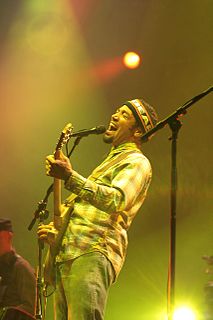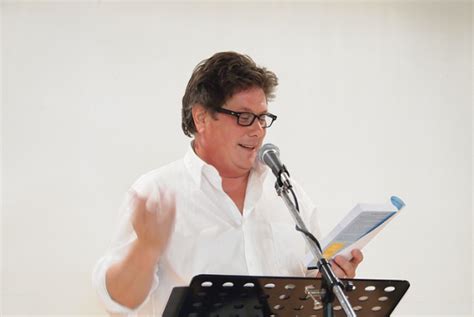A Quote by Jeff Vandermeer
Imbuing fiction with a life that extends beyond the last word is in some ways the goal: the ending that goes beyond the ending in the reader's mind, so invested are they in the story.
Related Quotes
....there is an ending [to Infinite Jest] as far as I'm concerned. Certain kind of parallel lines are supposed to start converging in such a way that an "end" can be projected by the reader somewhere beyond the right frame. If no such convergence or projection occured to you, then the book's failed for you.
I'm very much drawn to these stories. This is a huge, great story [in Doctor Strange] about the possibility of living beyond everything, living beyond mortality, living beyond all the immortal confines, living beyond the planet as we know it. It's mind-blowingly no limits, and I think this is going to be something else.
It's always easiest for me as a writer if I know I have a great ending. It can make everything else work. If you don't have a good ending, it's the hardest things in the world to come up with one. I always loved the ending of 'The Kite Runner,' and the scenes that are most faithful to the book are the last few scenes.
Rest enough for the individual man, too much and too soon, and we call it death. But for man, no rest and no ending. He must go on, conquest beyond conquest. First this little planet and all its winds and ways, and then all the laws of mind and matter that restrain him. Then the planets about him, and, at last, out across immensities to the stars. And when he has conquered all the deep space, and all the mysteries of time, still he will be beginning.






































